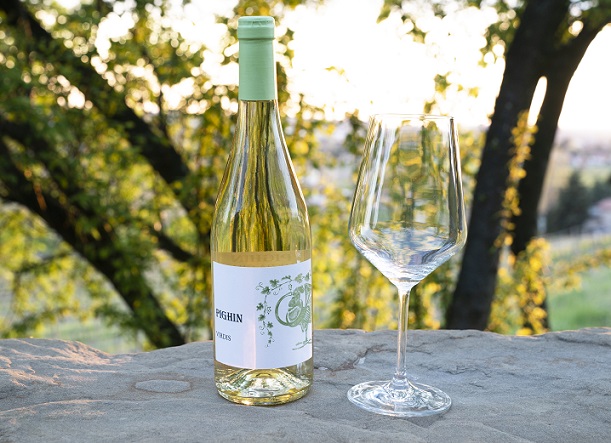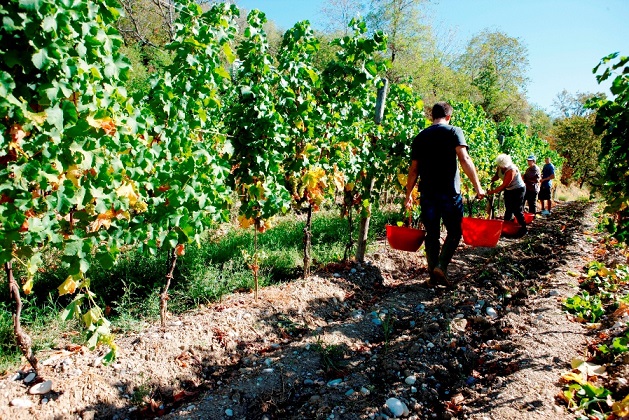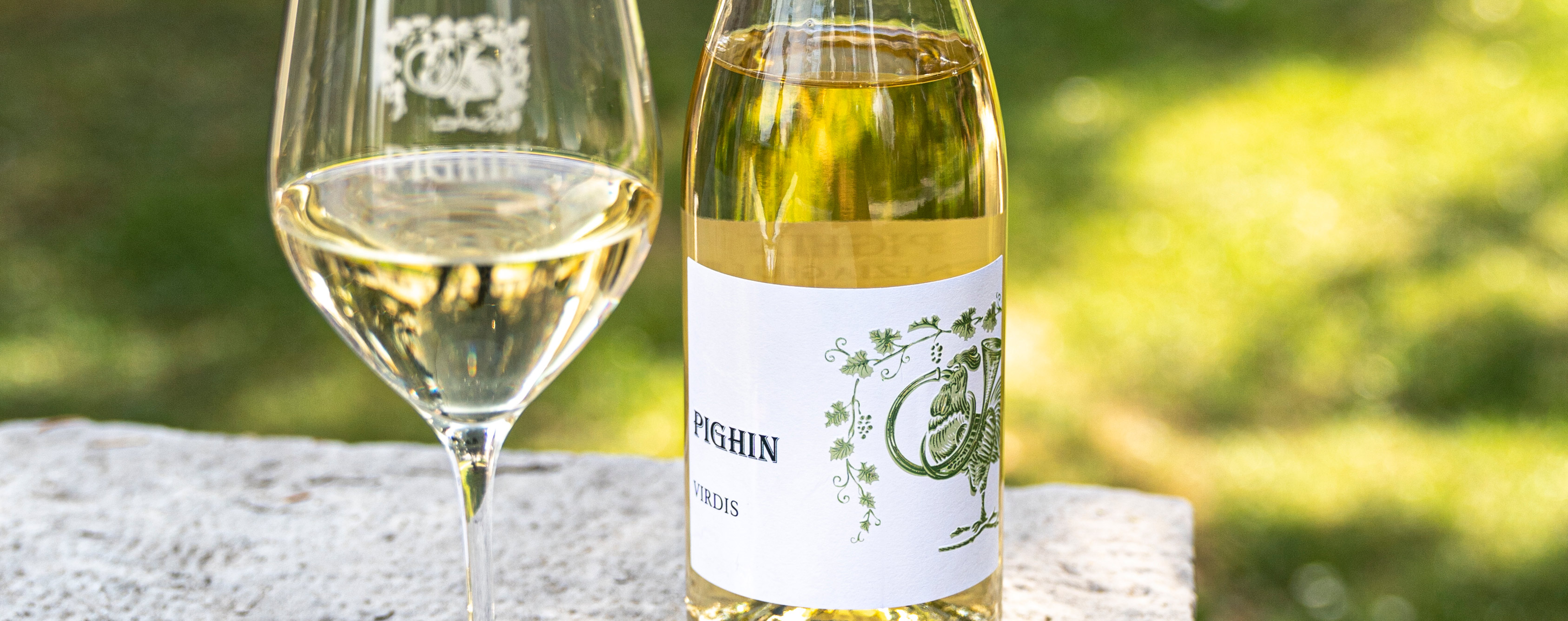Virdis, the new organic wine from the Pighin winery, includes the grape varieties Fleurtai and Soreli (both from crossings of Friulano and Kozma 20-3), and Nepis and Sauvignon Rytos (from crossings of Sauvignon Blanc and Bianca). All four vines were developed by Friulian nursery VCR (Vivai Cooperativi Rauscedo) and are grown in Pighin’s Risano estate in Friuli Grave (Pighin also has a smaller estate – 30ha – in Spessa di Capriva in the Collio area).
Risano’s 160ha include 1.6ha of Fleurtai, 1.3ha of Nepis, 1.3ha of Rytos, and 0.4ha of Soreli. In 2016, the estate planted a total of 6ha of piwi grapes (from the German pilzwiderstandfähig, which means “fungus-resistant vines”). As these new varieties are not recognised by the DOC, the wine can only be labelled as Bianco IGT Venezia Giulia.

The varieties are not recognised by consumers either, so Roberto Pighin (above), owner of the winery, markets the wines under single names like Virdis. He told Canopy: “The actual regulations have not conferred the DOC to these resistant vines, consequently we cannot print their name on the label. For this reason, we opted for a white IGT cuvée of the four varieties. The chosen name Virdis recalls Viridis, a Latin word meaning green. As is well known, green means everything that respects the environment. The vineyard area dedicated to Virdis had previously been converted to organic.”

He added: “We firmly believe in sustainability… Virdis represents the essence of Pighin’s approach. It is the result of advanced research and experimentation on non-GMO vines resistant to diseases such as downy mildew and powdery mildew which, for this reason, do not require phytosanitary treatments, thus highlighting the commitment to protecting the environment.”
The vines were sprayed an average of six times with copper and sulphur during the growing season. This about half the amount sprayed in Pighin’s non-organic vineyards, growing the winery’s key varieties Pinot Grigio and Sauvignon Blanc.
The newly-released 2023 Virdis – the third release of the wine – is a deep straw yellow, with floral aromas and hints of tropical fruit. The taste is dry, fresh, with floral and fruity notes and a mineral finish.
It is a co-fermentation of 33.5% Rytos, 26.5% Fleurtai, 23.5% Nepis, and 16.5% Soreli. The percentages vary from year to year.

The grapes, picked in the first ten days of September, are cooled and crushed, the juice going into a flotation tank for clarification. The clean juice is then inoculated for fermentation in temperature-controlled tanks (16-20°C), and kept at 12-15°C on fine lees until clarification, stabilisation and filtration prior to bottling.

 English
English French
French



.png)


.png)





